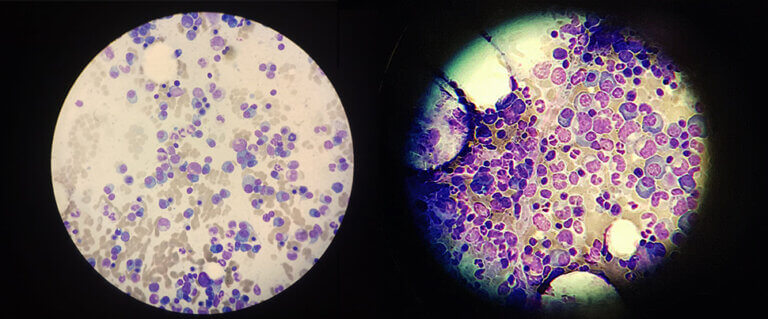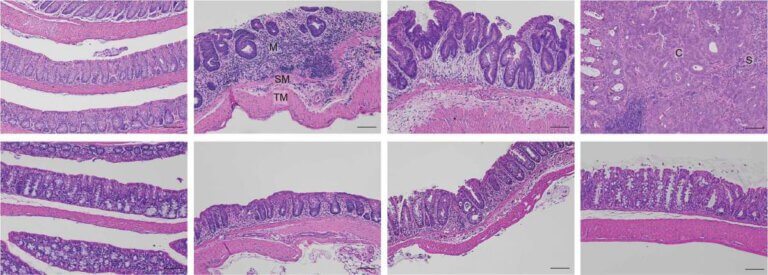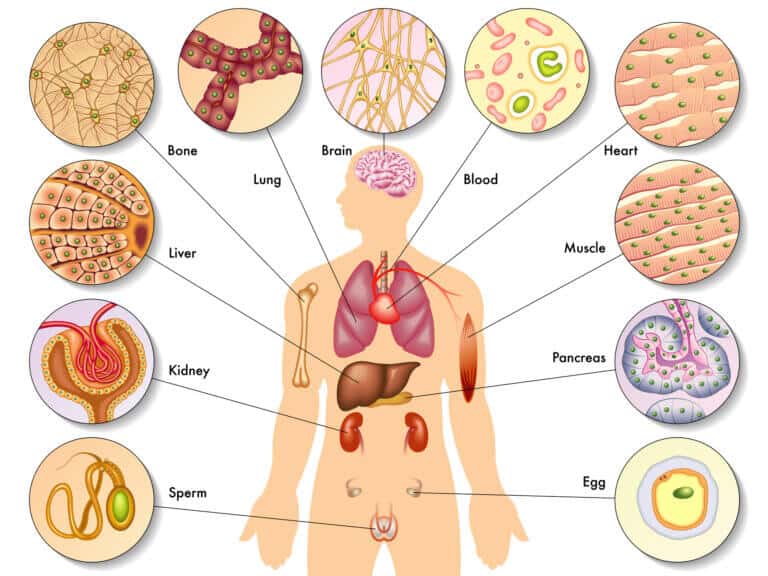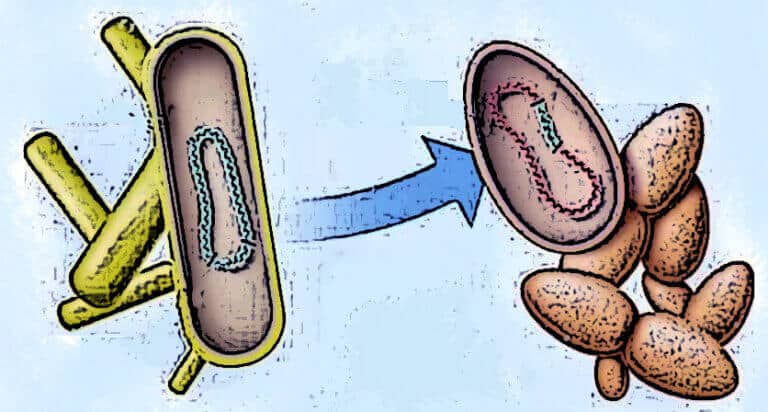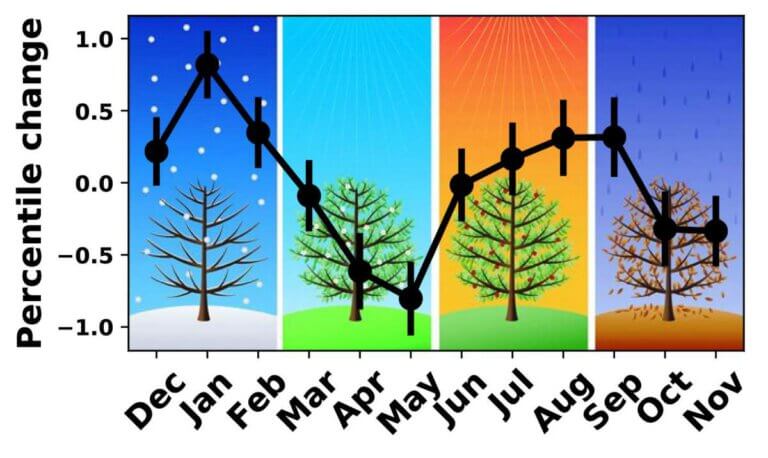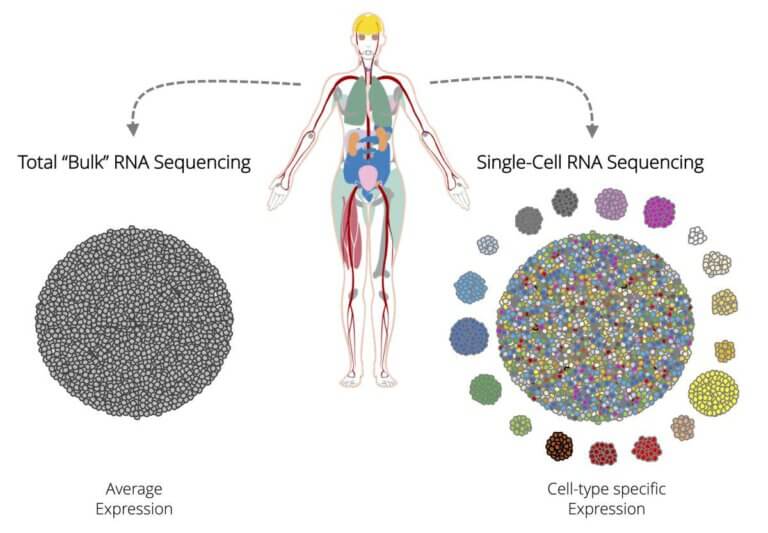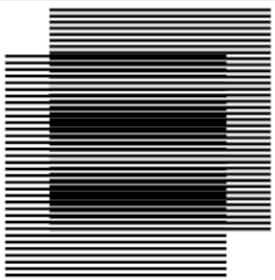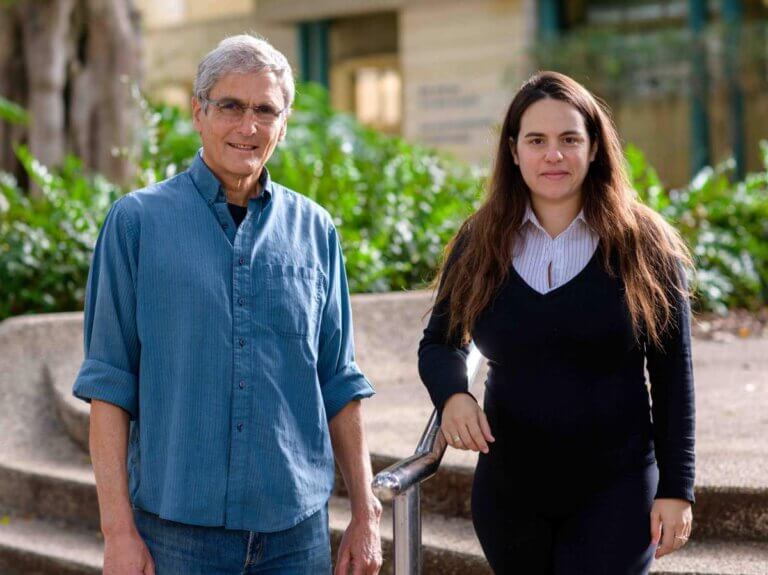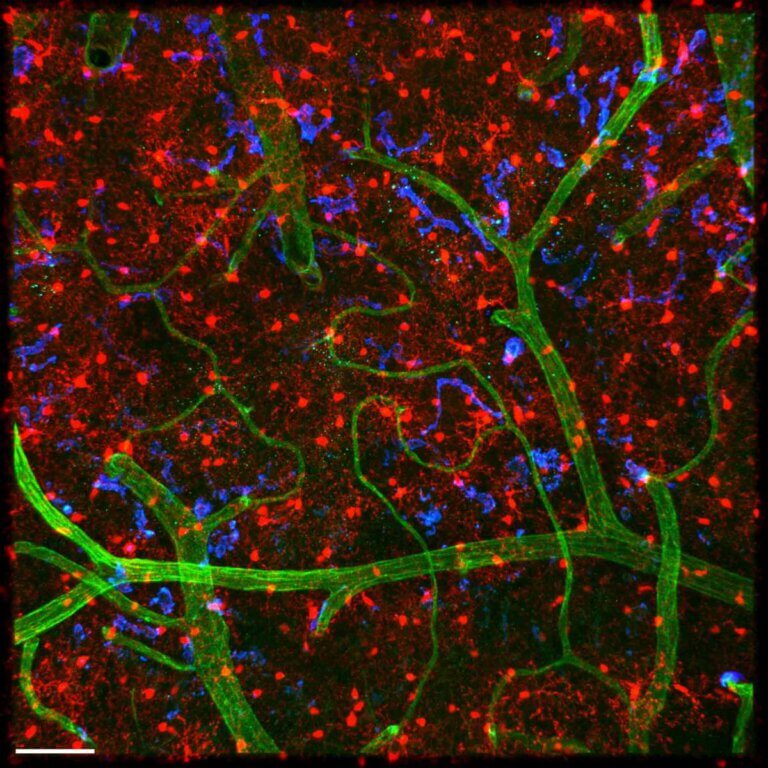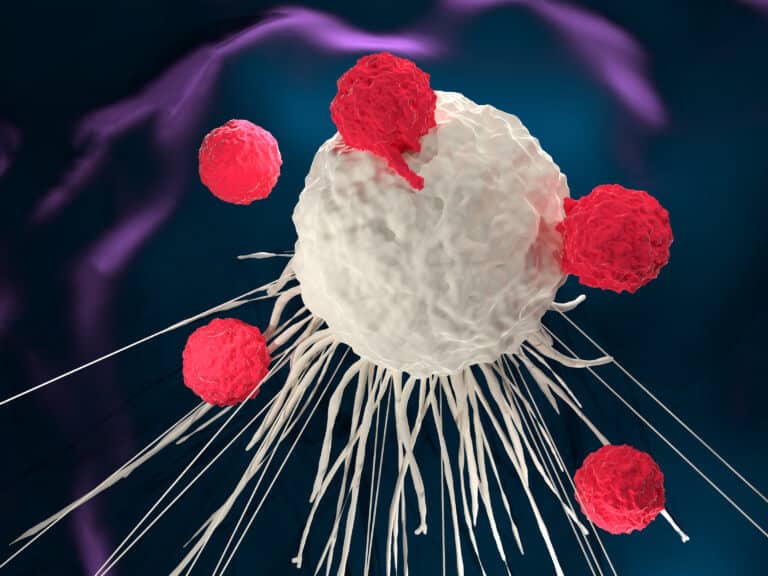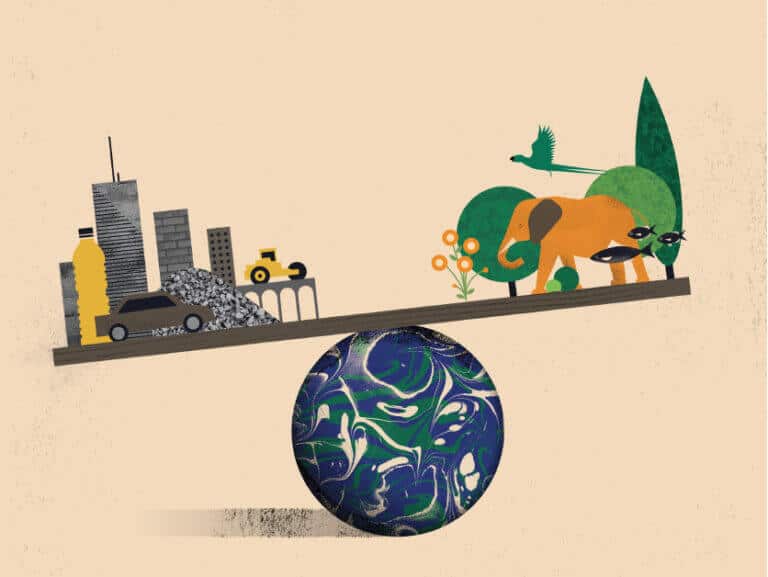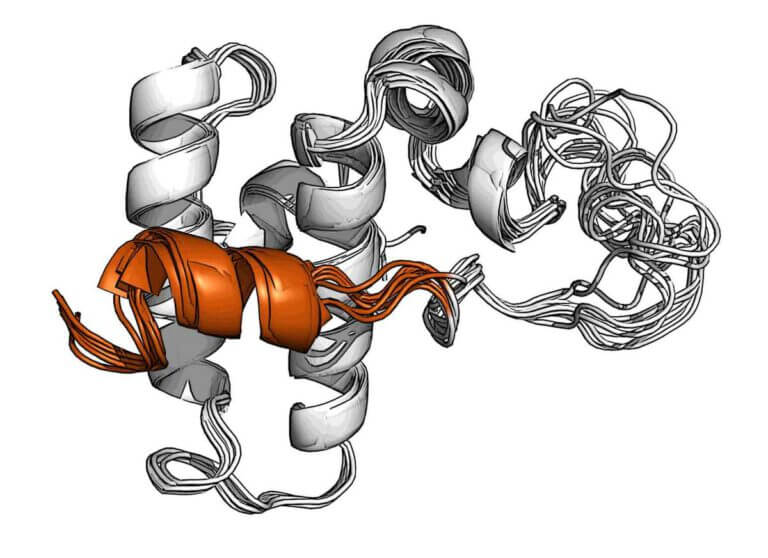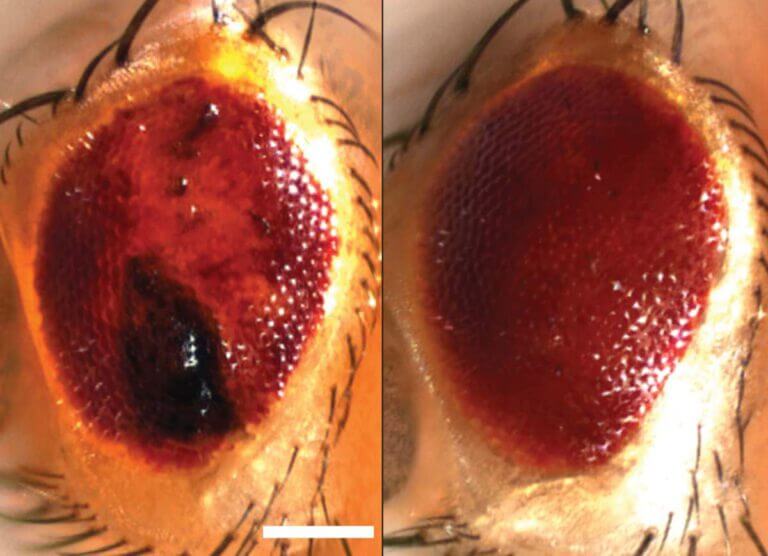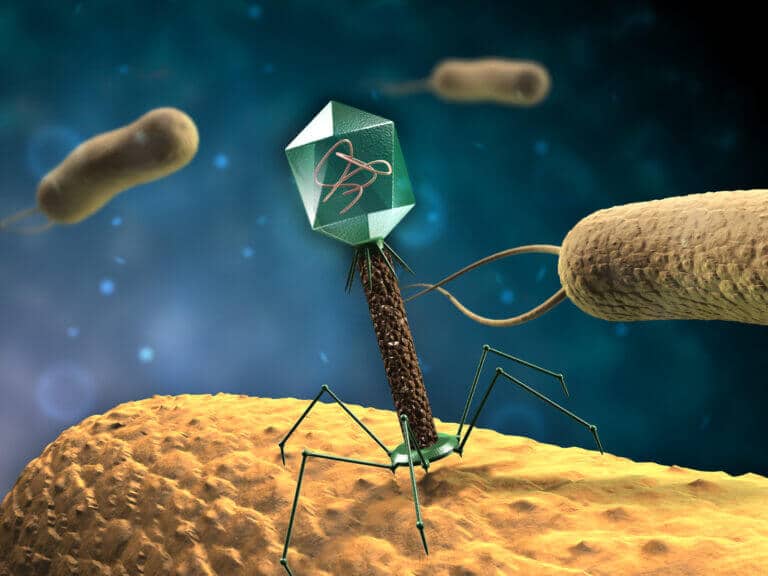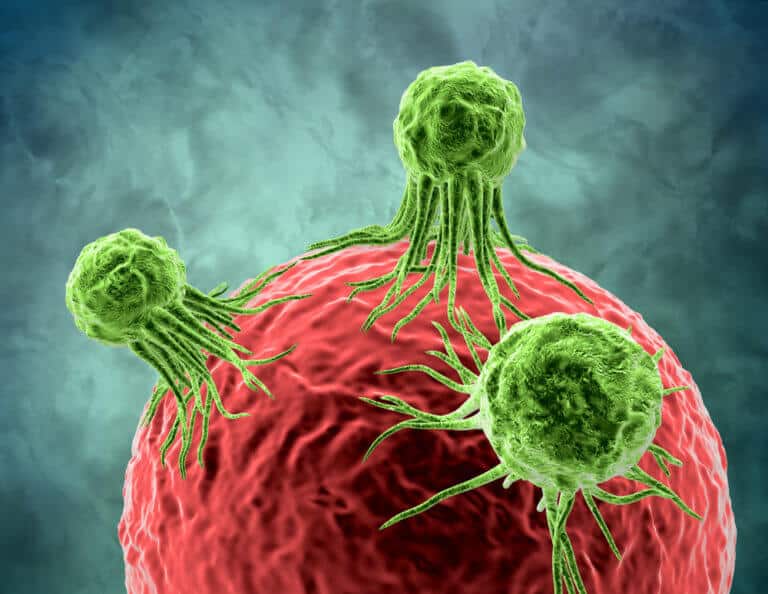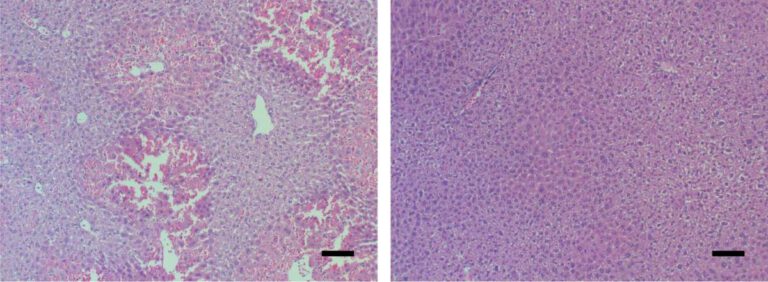Hayadan > Weizmann Institute Archives > Page 7
Weizmann Institute
- Weizmann Institute
- February 23, 2021
From the patient's bed to the laboratory and back: collaboration between the institute's scientists and doctors in Ichilov may lead to personalized treatments for multiple myeloma patients, who do not respond to drugs - and paves the way for personalized treatments in other types of cancer
- Weizmann Institute
- February 21, 2021
- Weizmann Institute
- February 17, 2021
Weizmann Institute of Science scientists have mapped the rate of regeneration of our body * Every year and a half we produce 50 kilograms of cells, as the average weight of the cells in our body
- Weizmann Institute
- February 16, 2021
- No comments
The tentacles, relatives of the mosquitoes, have a strange wedding custom, they choose their spouse in a huge swarm of tentacles and yet continue to stick together. A new study managed to decipher the phenomenon
- Weizmann Institute
- February 6, 2021
Through "evolution in vitro" experiments, Weizmann Institute scientists have shown what happens when bacteria copy genetic information from their neighbors
- Weizmann Institute
- February 4, 2021
Analysis of millions of Israelis' blood tests reveals hormonal fluctuations affected by the calendar
- Weizmann Institute
- January 29, 2021
From the brain to the adrenal glands - scientists from the Weizmann Institute of Science and the Max Planck Institute have mapped the entire "stress axis" and shown how chronic stress affects and changes these tissues at the individual cell level. The scientists discovered a new subpopulation of endocrine cells involved in regulating the response to chronic stress
- Weizmann Institute
- January 23, 2021
- Weizmann Institute
- January 21, 2021
Innovative navigation technologies that do not depend on cellular or satellite communication, rely on measuring the acceleration of atoms using cold atom interferometers. Recently, Weizmann Institute scientists have increased the measuring range of these devices a thousandfold
- Weizmann Institute
- January 17, 2021
- Weizmann Institute
- January 13, 2021
In degenerative brain diseases, Alzheimer's for example, there is an overactivity of the representatives of the immune system in the brain. Weizmann Institute of Science scientists have revealed the mechanism that allows these cells to return to normal
- Weizmann Institute
- January 9, 2021
Charles Bona syndrome, blindness, Rafi Malach, Weizmann Institute
- Weizmann Institute
- December 31, 2020
On time, message transmission and quantum phenomena
- Weizmann Institute
- December 27, 2020
- Weizmann Institute
- December 25, 2020
Prof. Ilan Koren: "Even if we stop polluting the beaches tomorrow morning, we are expected to see more and more microplastic particles emitted into the atmosphere - since it takes time for the plastic waste that has already found its way to the sea to break down into particles"
- Weizmann Institute
- December 17, 2020
- Weizmann Institute
- December 10, 2020
During 2020, human products exceeded the mass of all life in our world. The mass of buildings, cars and bottles doubles every 20 years - and the curve is about to flatten
- Weizmann Institute
- December 8, 2020
The discovery of a mysterious helical lock may shed light on the development of degenerative brain diseases
- Weizmann Institute
- December 4, 2020
Weizmann Institute of Science scientists deciphered the molecular mechanism of "return to normal" and discovered that it is based on labeling proteins for destruction with a special code known as "SUMO"
- Weizmann Institute
- November 28, 2020
Recently, Weizmann Institute of Science scientists compared neural networks of female and male worms, and discovered a molecular mechanism that may explain how differences between the sexes in neurological diseases in humans arise
- Weizmann Institute
- November 12, 2020
- No comments
The development by Weizmann Institute of Science scientists makes it possible to predict what the smell of any molecular compound will be and may pave the way for the digitization and reproduction of smells
- Weizmann Institute
- November 8, 2020
A new study by Weizmann Institute of Science scientists offers an explanation for these magic moments, when new ideas sprout in us
- Weizmann Institute
- November 7, 2020
- 6 תגובות
Besides solving a 36-year-old mystery, Weizmann Institute of Science scientists have identified thousands of types of these components, which may be used in gene editing
- Weizmann Institute
- November 2, 2020
A group of scientists at the Weizmann Institute of Science recently investigated what happens to cellular memory in cancer. Their findings illustrate how "memory loss" may affect the course of malignant diseases
- Weizmann Institute
- October 31, 2020
Weizmann Institute of Science scientists revealed the discovery and outlined a path for future treatment

